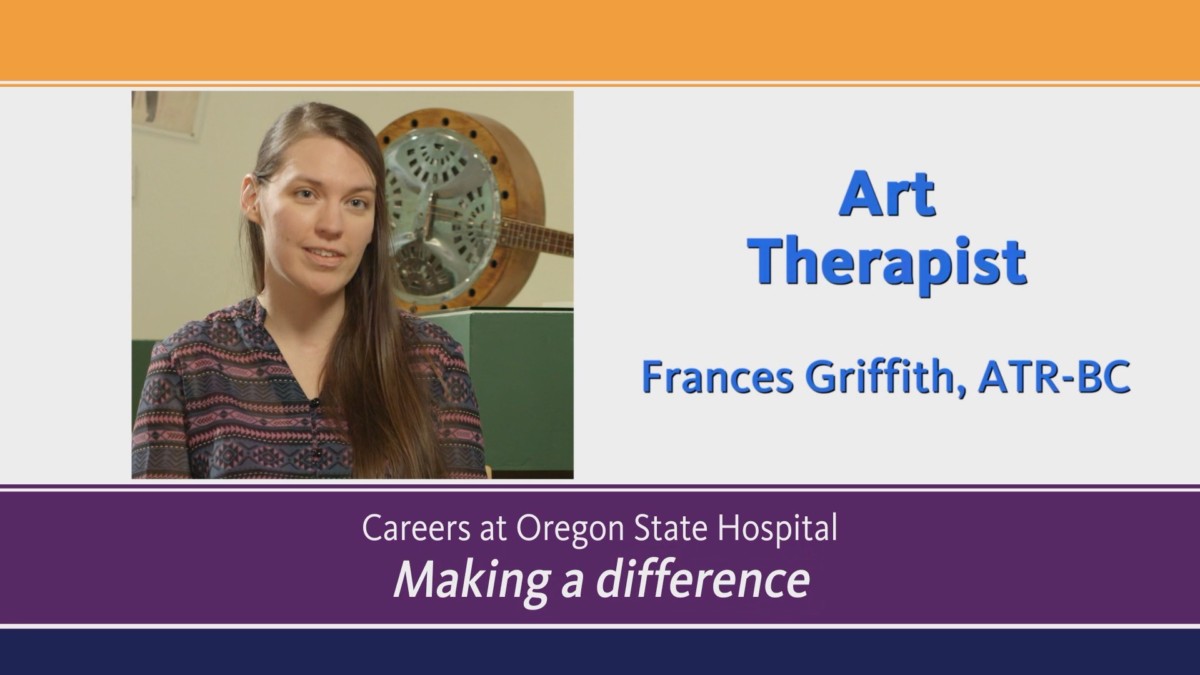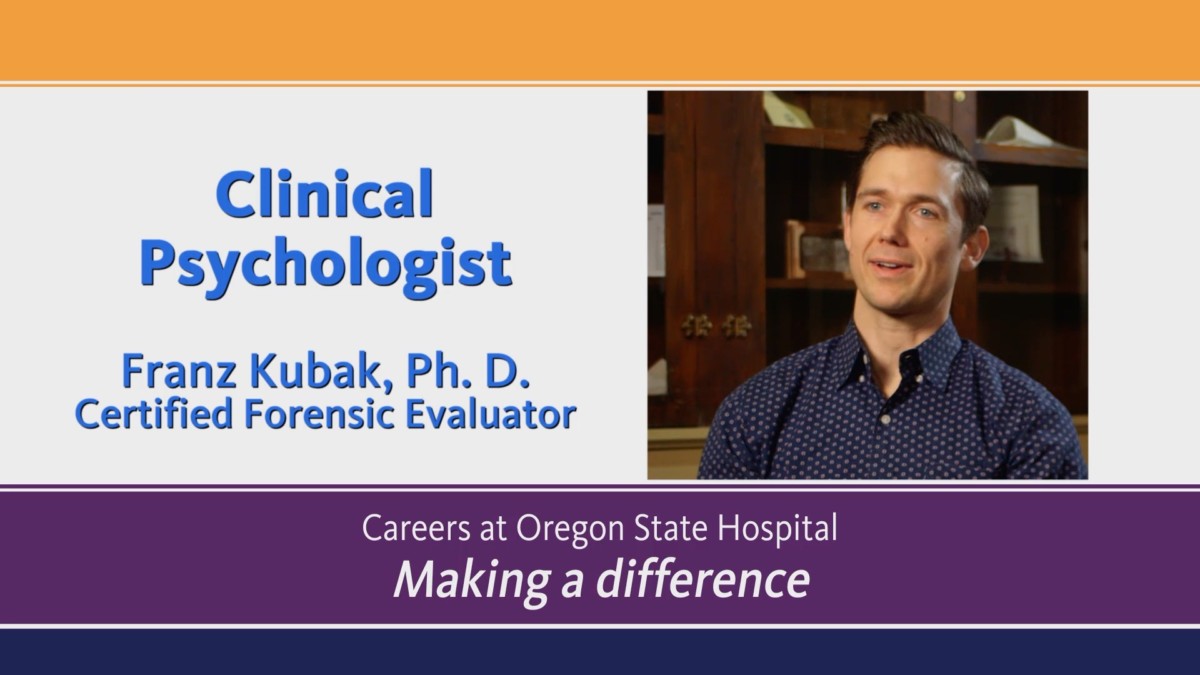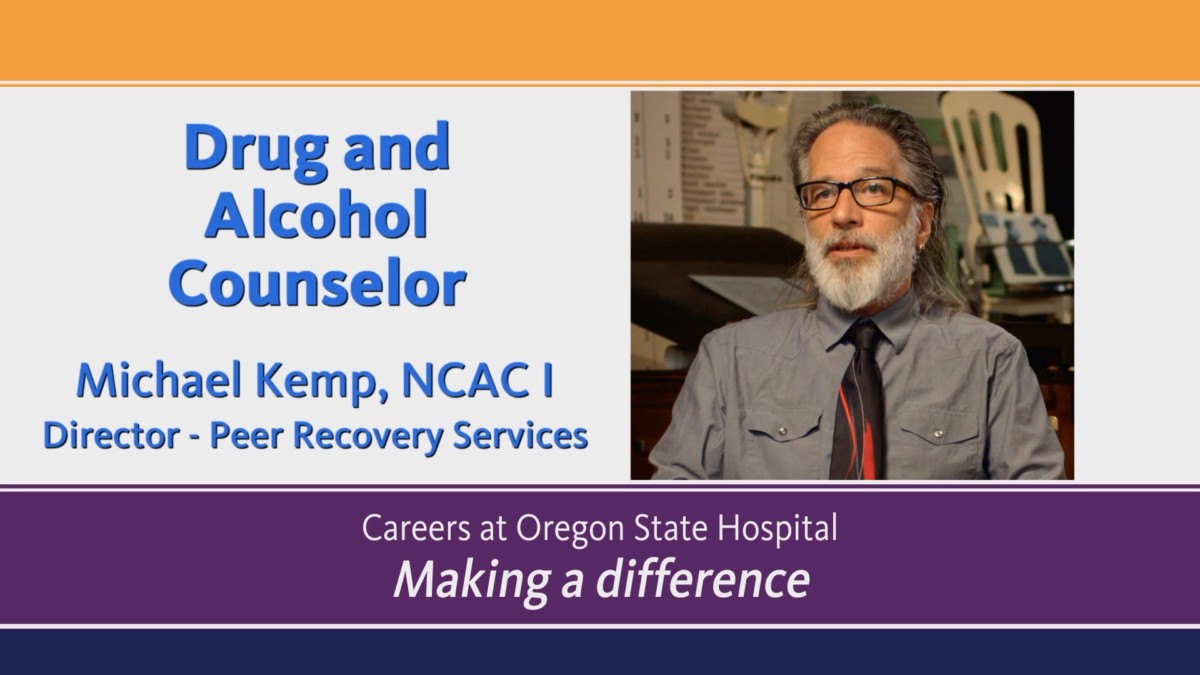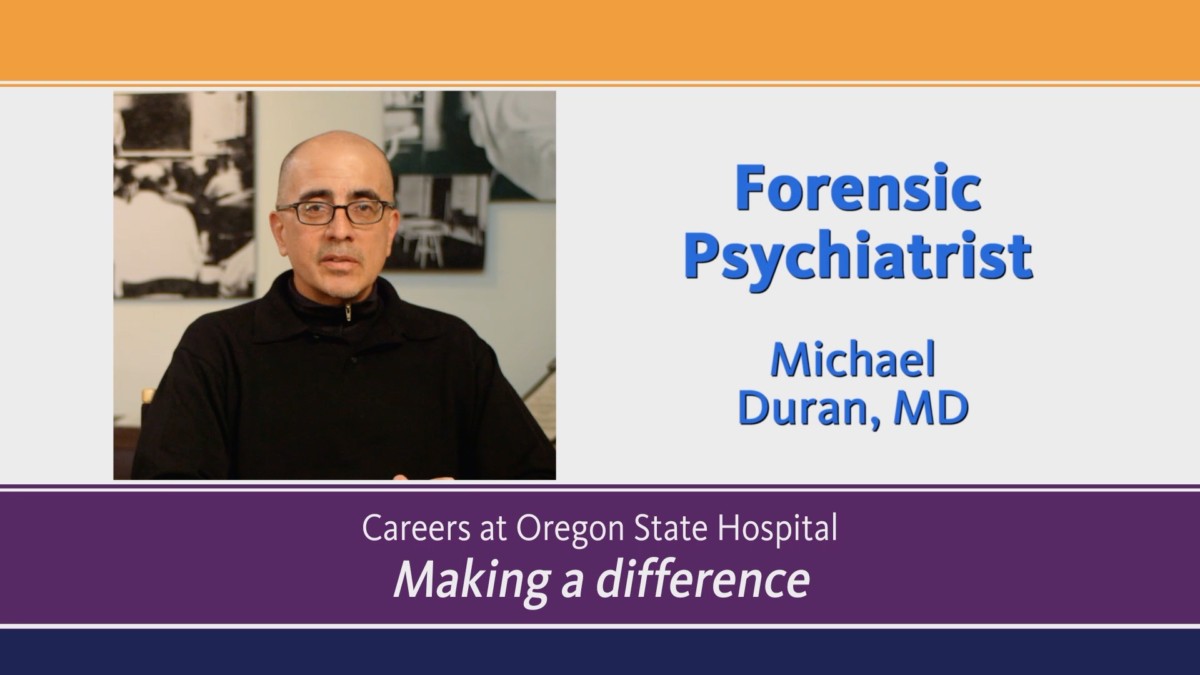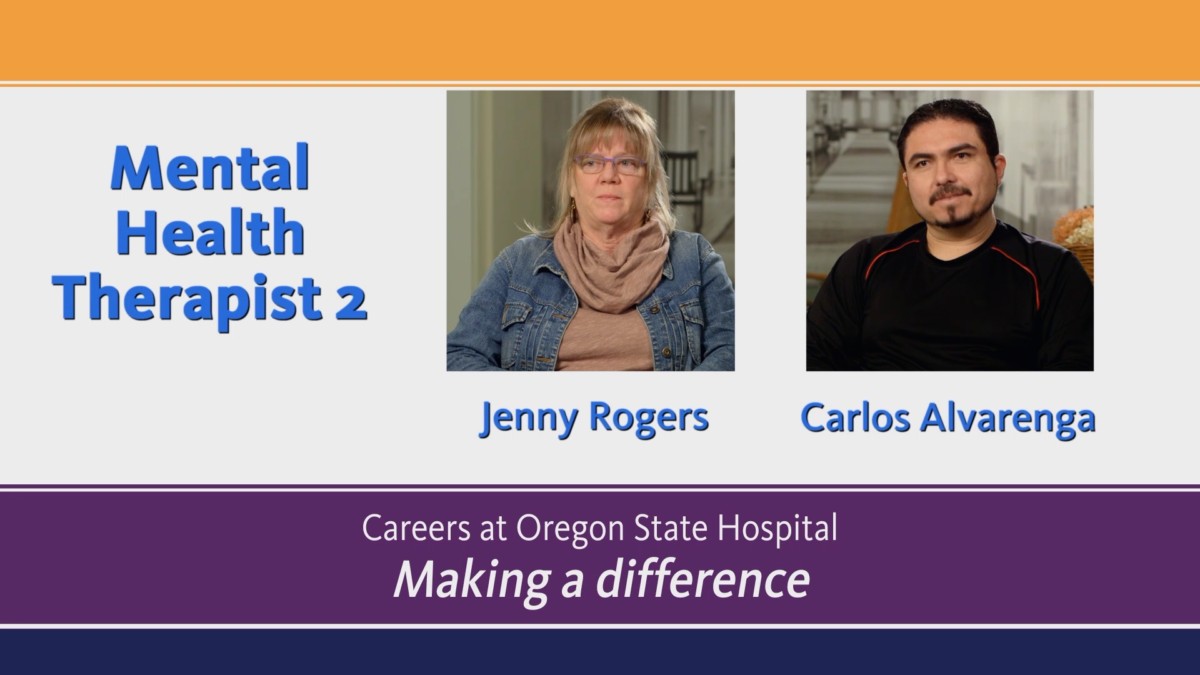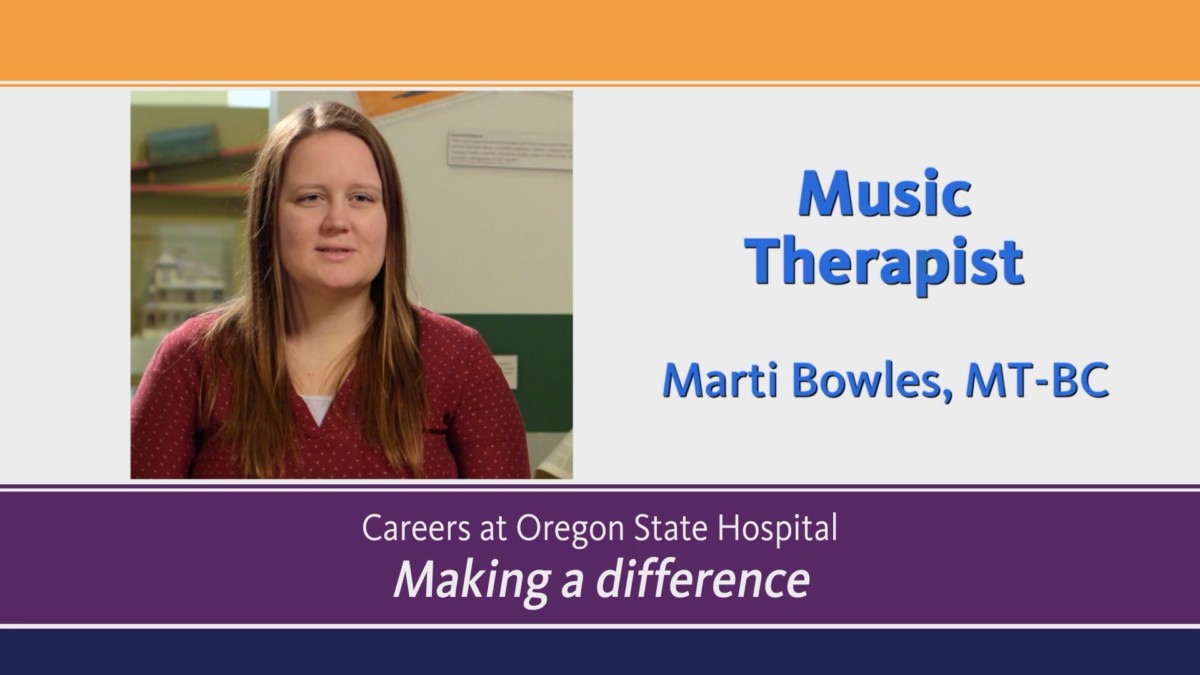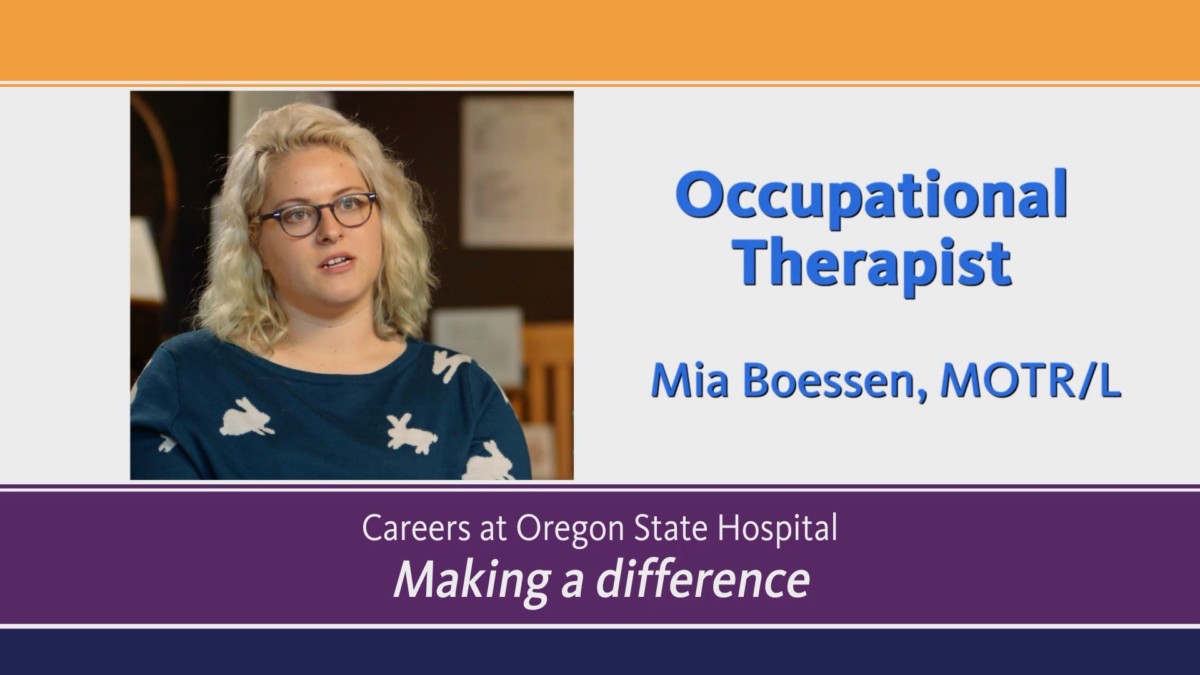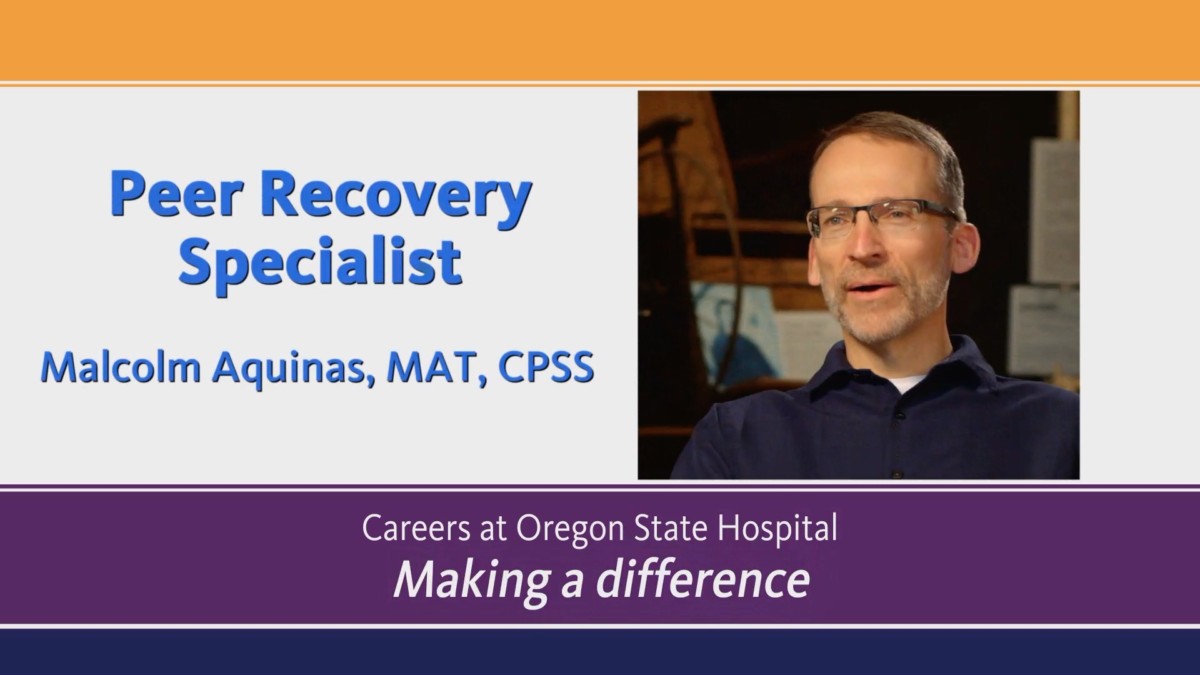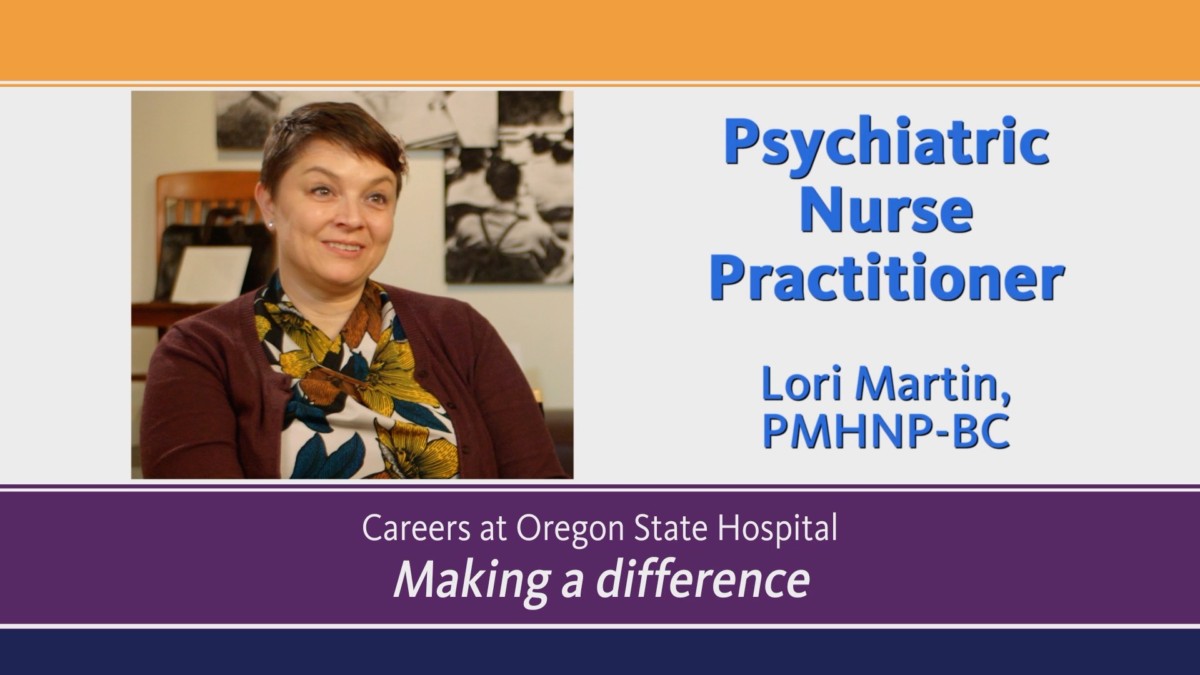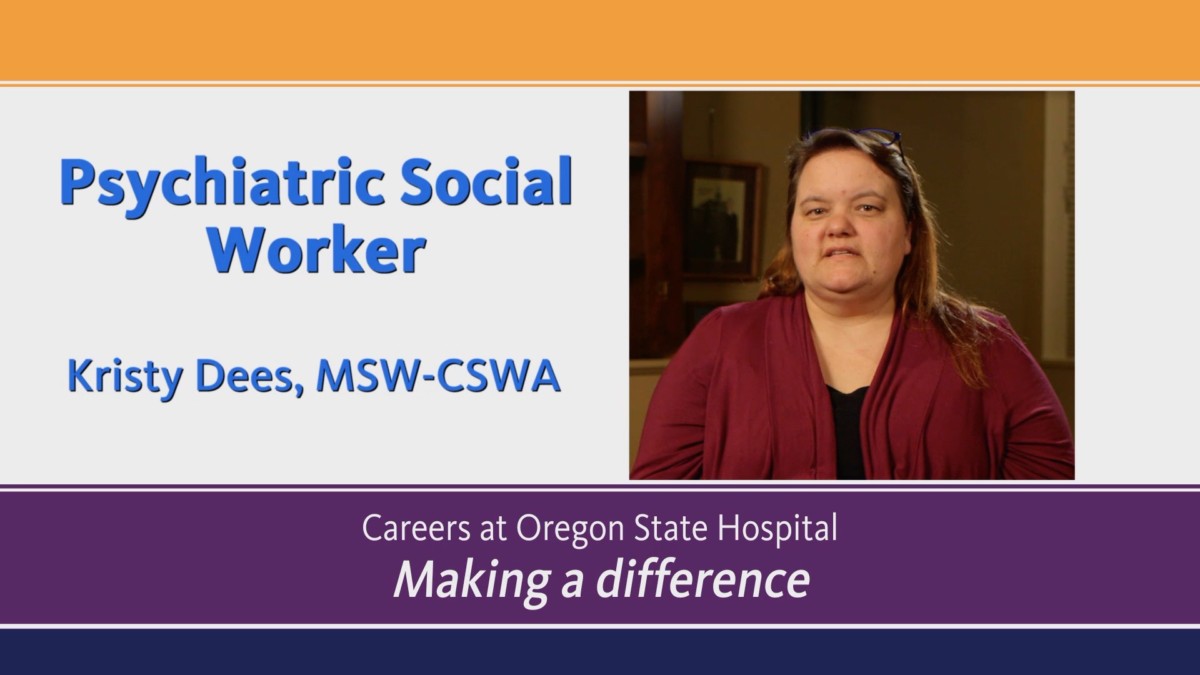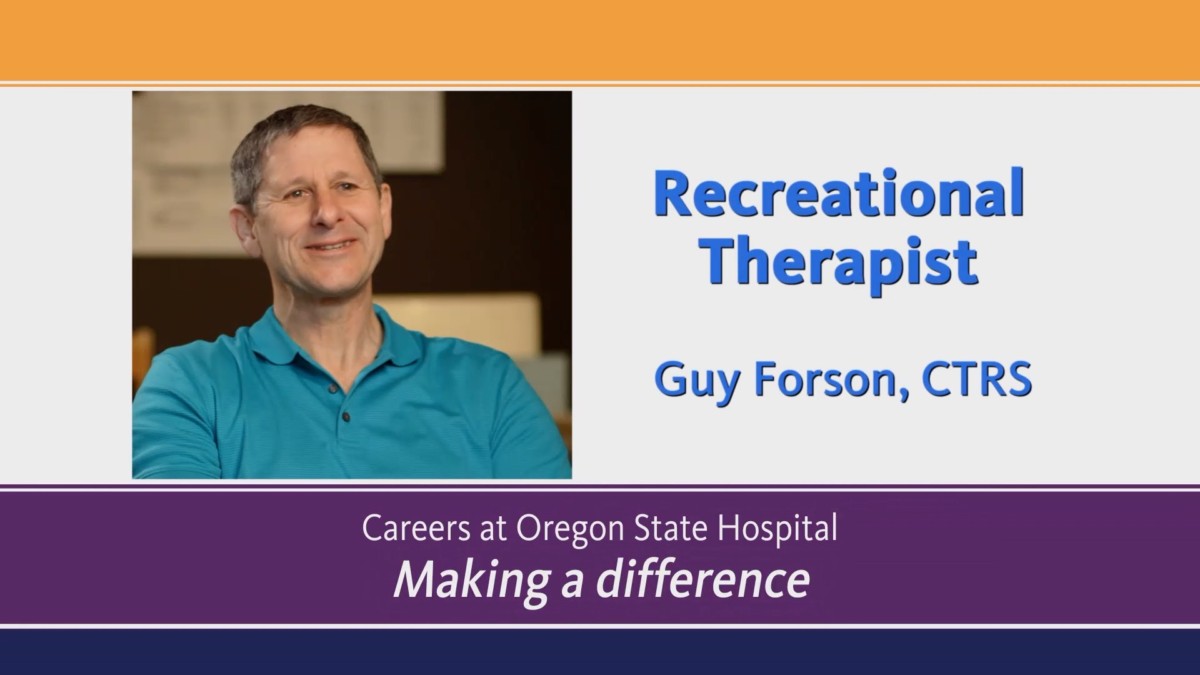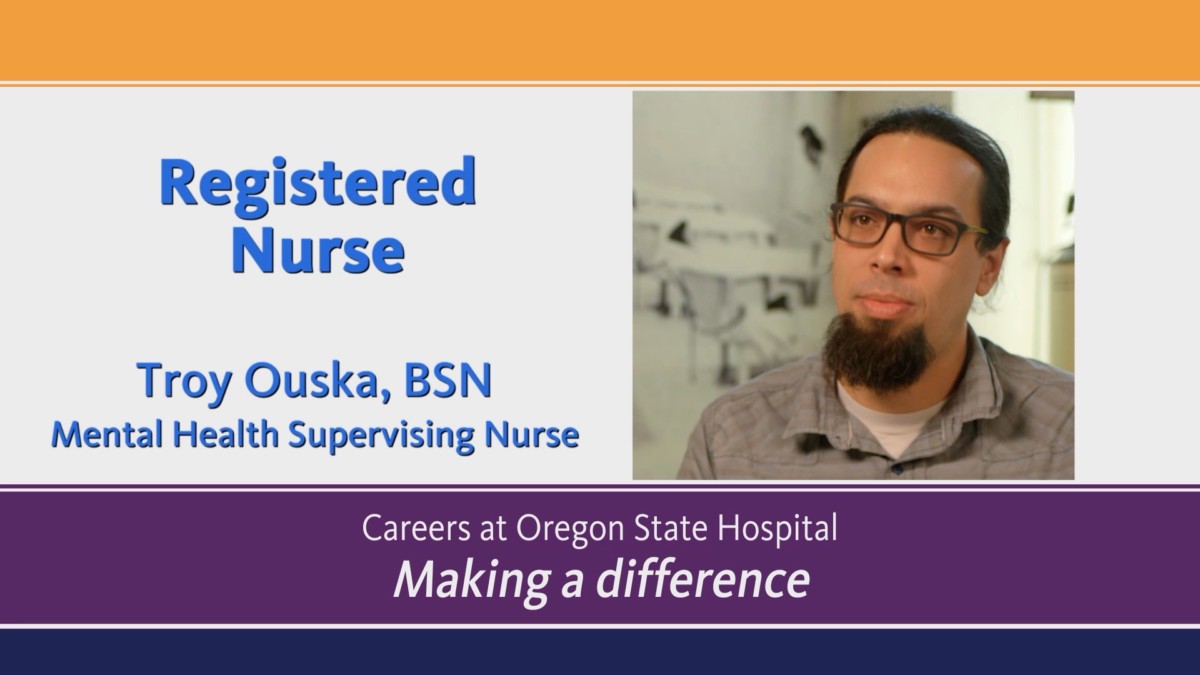Mental Health Therapist 2
Careers in Mental Health
Jenny Rogers and Carlos Alvarenga
Mental Health Therapist 2
Generic Information
Overview
Mental Health Therapists are part of the nursing team on the floor. They participate as part of the patient-centered interdisciplinary care team of psychologists, social workers, nurses, and other mental health professionals within the hospital. Within this team, the Mental Health Therapist provides personalized care; they develop a professional intimacy with the patients and are wholly invested in patient well-being. They know the patient’s hobbies, their emotional triggers, and their goals. Other responsibilities may include supportive counseling/educational groups, supervision and modeling appropriate social behaviors. Using this insight, they help patients work on relapse-prevention skills so they can move toward being an active participant in their own recovery.
For more information on the educational pathway to this and other healthcare careers follow this Link to the Educational Resource page.

